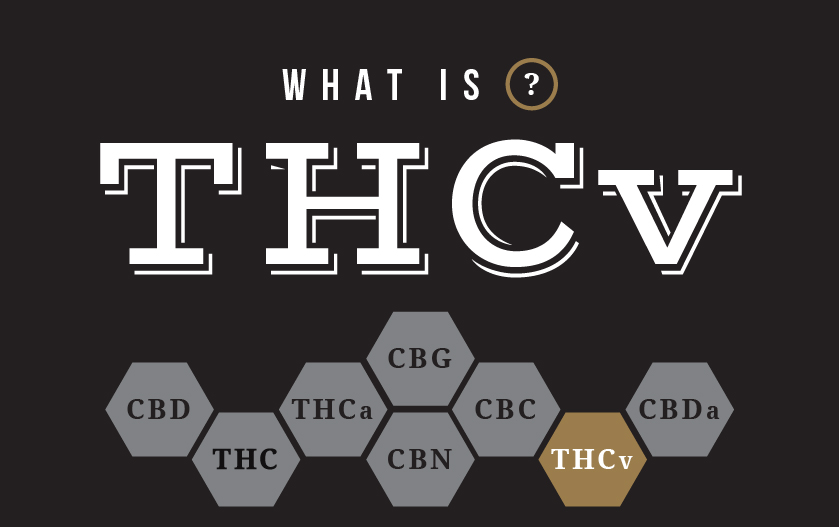Tetrahydrocannabivarin (THCV) is a cannabinoid substance found in cannabis and hemp plants. It's chemically similar to tetrahydrocannabinol (THC) but with some key differences. Here's whatever you need to know about THCV consisting of the dangers, advantages, distinctions, and resemblances with other forms of THC and more. What Is THCV? THCV is a less typical cannabinoid discovered in some stress of cannabis, specifically African sativa.
![]() THCV vs THC: What Are the Differences? Articles Analytical Cannabis
THCV vs THC: What Are the Differences? Articles Analytical Cannabis
 THCV Strains: 11 Interesting Health Benefits You Should Know
THCV Strains: 11 Interesting Health Benefits You Should Know
 THCV: What are the Benefits; Does it Get You High? - Vaping360
THCV: What are the Benefits; Does it Get You High? - Vaping360
THCV has a 3-carbon side more info chain instead of THC's 5-carbon side chain. This distinction is subtle, but it has an obvious effect on the result profile. THCV is somewhat psychedelic but just about and about. What Does THCV Feel Like? THCV has a strong energy-boosting component to it, which makes it especially popular among students and professional athletes.
In the United States, THCV regulation is nuanced. THCV is not an Arrange I Drug, but marijuana extracts are making it somewhat ambiguous what the federal position is on THCV. The 2018 Farm Bill mentions that hemp plants and all derivatives of the plants are legal on a federal level, a lot of business comply with this law and still supply THCV to customers by only extracting the compound from hemp plants.
If THCV is considered a THC analog, it might be controlled in the future by the very same guidelines as THC under the Federal Analog Act. This act specifies that any substance that shares a similar molecular profile as a recognized forbidden substance it's included in the very same drug Set up category.
What Are the Results of THCV? Advocates of THCV report that it produces an extreme burst of energy and makes them feel blissful without the mental cloudiness triggered by THC. The results are extremely mild compared to THC. The impacts are practically solely cognitive yet in some way have very little effect on penzu.com/p/32bb93b4 headspace.
2. THCV & Cravings Some THCV users declare that it curbs their appetite. This is a common effect of other focus-enhancing substances also. It's as though THCV eliminates the diversion of other bodily procedures (like appetite) in order to maintain resources and attention to cognitive tasks instead. How Does THCV Work? Cannabinoids produce biological results in the human body by interacting with endocannabinoid receptors.
CB1 receptors lie in the worried system and engage with neurotransmitters in the brain to produce mind-altering effects. Interaction with CB1 sites is what offers some cannabinoids like THC their psychoactivity. THCV is a bit challenging to comprehend since it's primarily a CB1 villain, implying it has the opposite result as THC.
While scientists are still looking for to comprehend this procedure, it appears THCV has the ability to block the impacts of CB1 in low doses and stimulate them in high doses. CB2 receptors are discovered primarily in the body immune system. THCV is a partial agonist of CB2, however the impacts of this partial activity aren't well-known, and it apparently has no noticeable effect on THCV users' experience.
As mentioned in the previous section, THCV is a CB1 antagonist in low dosages which is the exact opposite impact of delta 8 and delta 9 THC. This might mean that THCV neutralizes a few of the psychoactive results of THC. This effect could discuss why individuals who use THCV feel so clear-headed especially compared to the infamous "fogginess" caused by delta 9 THC.